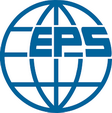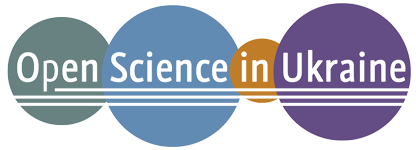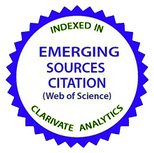Publication Ethics and Malpractice Statement
Publication Ethics and Malpractice Statement
In Physics and Chemistry of Solid State we suppose that authors, editors and reviewers agree with the following Publication Ethics and Malpractice Statement. Our ethic statement follows the recommendations of the Committee on Publication Ethics and is based on the guidelines of Best Practice Guidelines for Journal Editors (http://publicationethics.org/resources/guidelines).
All submissions before the editorial process are reviewed for plagiarism policy by Unicheck system.
Published article retraction
The retraction of the article is carried out in accordance with the principles of COPE (https://publicationethics.org/retraction-guidelines).
The original article will be kept unchanged, except for a watermark inserted in .pdf, indicating on each page that the article is "Retracted".
Duties / Responsibilities of Authors
- Authors must present an objective discussion of the significance of their research work, sufficient detail and references to permit others to replicate the work.
- Authorship should be limited to those scientists who have made a significant contribution to the reported study. If there are others who have participated in certain substantive aspects of the research, they can be named in an acknowledgement.
- An author who submits the paper for publication should ensure that all coauthors are included in the paper, have seen the final version of the paper and agreed to its submission for publication.
- Authors should acknowledge all sources of data used in the research and cite publications that have been influential in the research work.
- Submitting the same manuscript to more than one journal concurrently is unethical and unacceptable. It is also expected that an author will not publish redundant manuscripts or manuscripts describing the same research in more than one journal.
- Authors should ensure that they have written entirely original works. Plagiarism constitutes unethical scientific behavior and is never acceptable.
- Authors may be asked to provide the raw data in connection with manuscripts for editorial review, and should prepare to provide public access to such data if possible.
- If an author discovers a significant error or inaccuracy in his own published work, it is the author’s obligation to notify the editors and cooperate with them to either retract the paper or to publish an appropriate correction statement or erratum.
Duties / Responsibilities of Editorial Board Members
- The editor is responsible for publication decisions. In making these decisions editor is guided by policies of the journal.
- The editor should evaluate manuscripts without regard to race, gender, religious belief, ethnic origin, citizenship etc.
- The editor should declare any possible conflict of interest. If there is a potential for a serious conflict of interest or loyalty, the editor should inform the editorial team. The editorial team will make the decision about further editorial activity on the paper.
- The editor must not disclose any information about a submitted manuscript to anyone other than the corresponding author(s), reviewer(s) and the publisher.
- The editor should be aware of the problem of plagiarism and self-plagiarism. The editor should inform editorial team if he suspect a paper has been plagiarized or self-plagiarized.
Duties / Responsibilities of Reviewers
- The journal operates a single-blind refereeing policy. So the identity of the referee is confidential to an author. But the identity of the author is known to the referee. So referee should not contact to the author and identify themselves as the referee.
- Any invited referee must notify the editorial staff if he feels unqualified to review a manuscript or knows that he can't do it in due time. In that case he can recommend an alternative reviewer.
- Any manuscripts received for review must be treated by a referee as confidential documents.
- Reviews should be conducted objectively, and observations of the referee should be formulated clearly with supporting arguments, so that the author can use them for improving the paper.
- A referee should be aware of the problem of plagiarism and self-plagiarism. Also a referee should identify relevant published works that have not been cited by the author(s) in an article.
- A referee should not consider work with manuscripts in which he may have conflict of interest. If there is a potential for a serious conflict of interest or loyalty, a referee should inform the editorial team.





